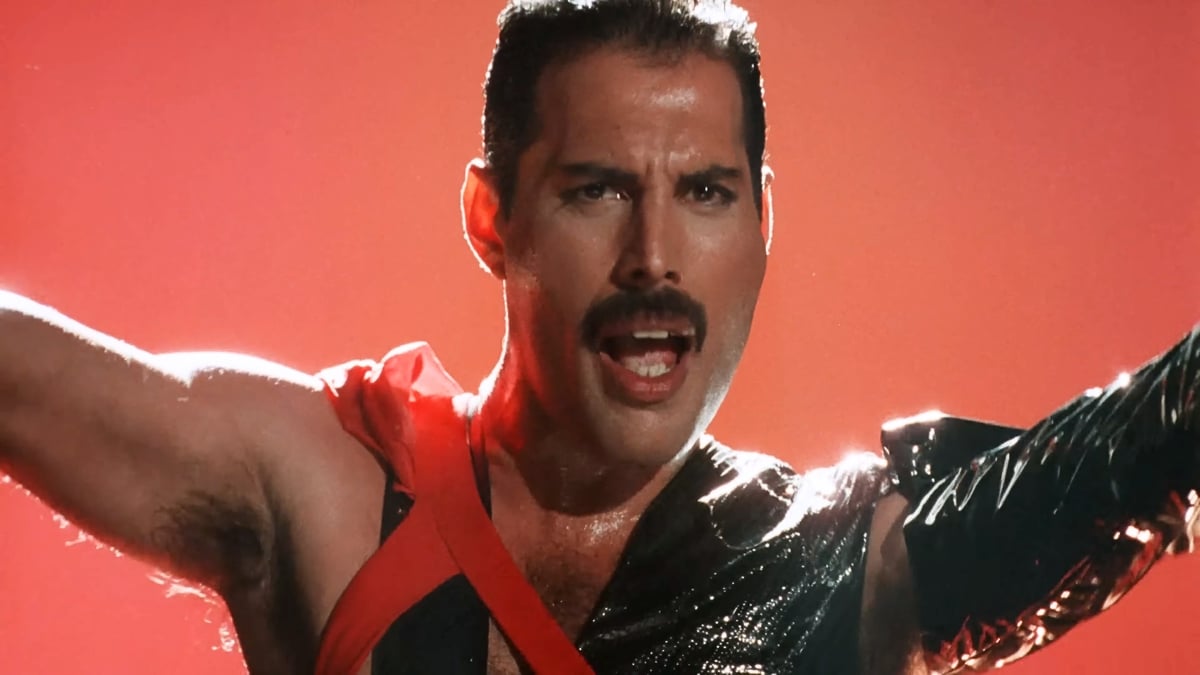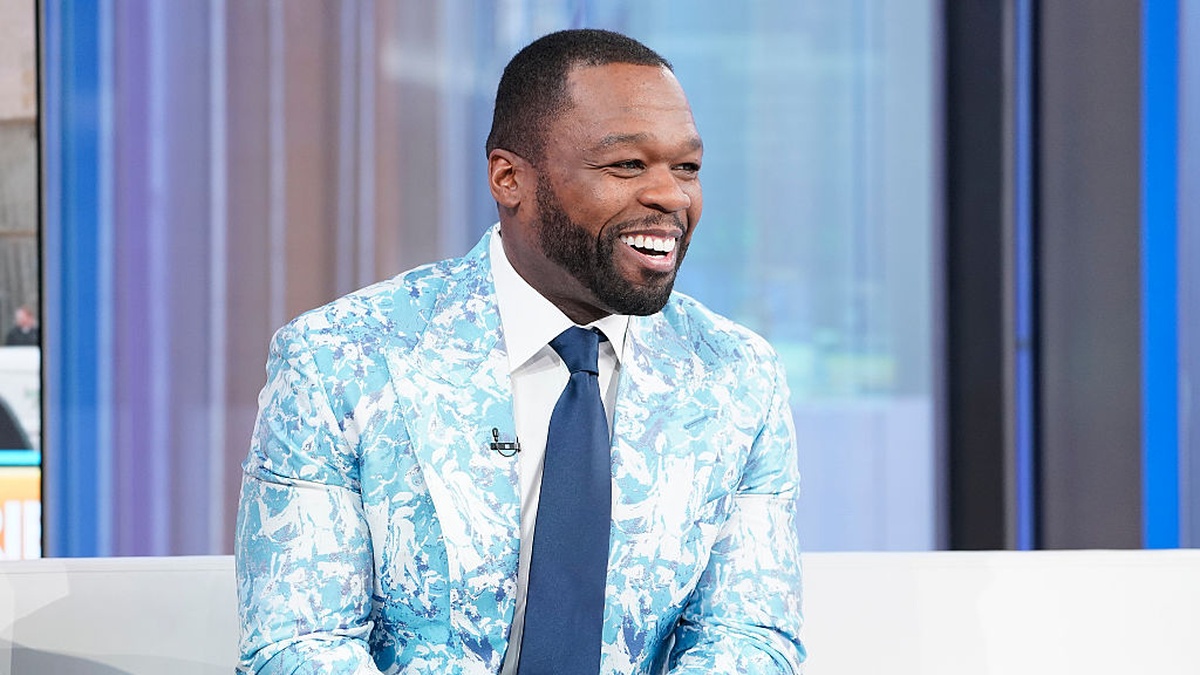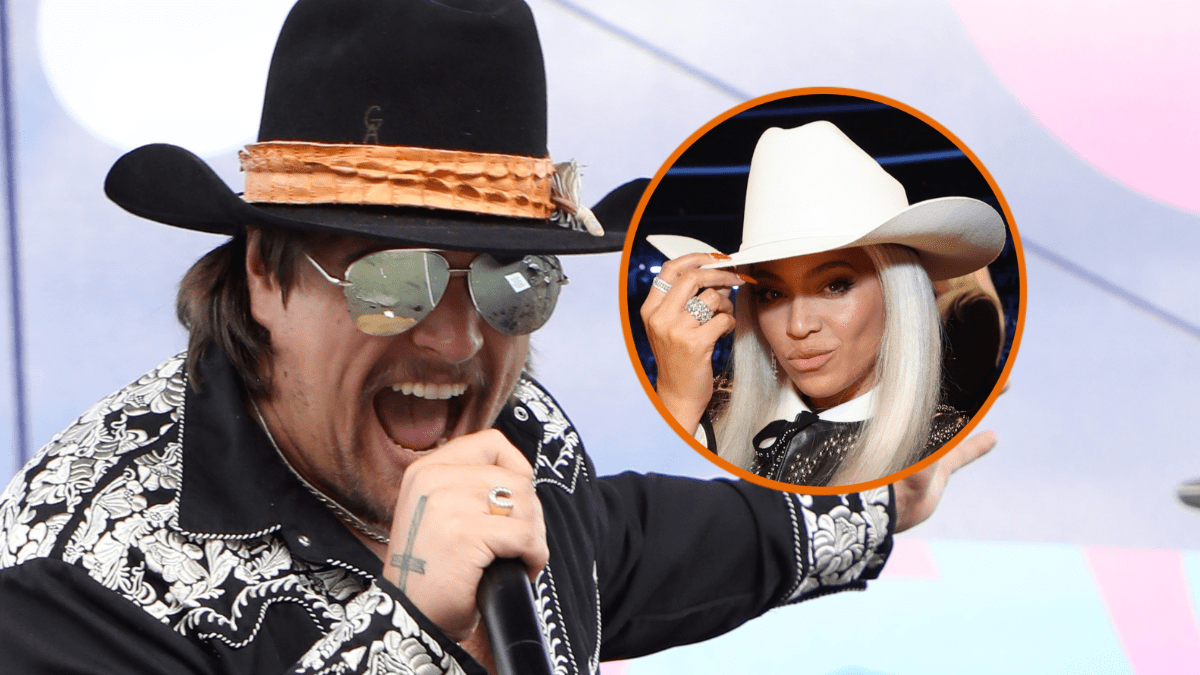Queen vocalist Freddie Mercury had one of the best voices in music, but his bandmates said it wasn’t always that way. In fact, drummer Roger Taylor said Mercury sounded “dreadful” and compared his singing to an animal.
On Oct. 24, 2024, Taylor and guitarist Brian May attended the launch of Queen I, the rebuilt and extended version of the Queen’s debut album released in 1973. Per the new album’s notes, all the instruments were redone to include the sounds they wanted to originally be included in the recording. “The result is ‘Queen’ as it would have sounded with today’s knowledge and technology — a first,” May wrote.
During the launch, Taylor and May answered some questions from the audience and talked about their music, early memories as a band, and their late frontman. At some point, May said when the band first formed, Mercury was in a “transitional phase” and was such a huge personality, screaming and charging around. “He didn’t have the measure of his instrument,” May said, referring to Mercury’s unique and powerful voice. However, Mercury knew what he wanted and when they recorded in the studio, he sang repeatedly until he got the vocals that he wanted to hear. Mercury “became an expert vocalist very quickly,” May added.
Taylor agreed with his bandmate’s statement, adding that in the beginning, Mercury may have not realized “how dreadful he sounded before.”
“He really was like some manic goat. It was just extraordinary with his vibrato.”
Despite the rough start, Mercury learned to use his voice better, and the outcome with spectacular. “He turned out to be our beautiful, wonderful Freddie, who we’ll never forget,” Taylor said, adding that his voice was a “colossal force” for Queen.
What made Freddie Mercury a great performer?
May and Taylor were in a band together before Queen, and it was then that they met Mercury. When a band member quit, they gave Mercury a chance but admitted that they didn’t take him seriously at first. Although they liked Mercury, May said, “We didn’t see a great singer or musician first of all: he was very wild and unsophisticated. We just saw someone who had incredible belief and charisma.” That changed, however, when they saw how he worked in the studio.
Mercury, although lauded by many as having the greatest voice in music, was never professionally trained. A scientific research team from Europe studied the singer’s vocals and based on the results, they figured that Mercury had an irregular and unique vibrato. Christian Herbst, who was part of the study, said Mercury’s vibrato was higher than that of an opera singer’s, which “creates a very typical vocal fingerprint.” In addition, Mercury had a wide vocal range that spanned four octaves.
In addition, Mercury also made use of his false vocal cords, also called the vestibular folds, which everyone has. These are two thick folds located in the voice box to protect the vocal cords and help close the larynx when a person swallows. False vocal cords are not intended to be used vocally, but some can employ them for singing, including opera singers and Mercury.
Of course, voice quality and a wide range aren’t the only aspects that made Mercury a great performer. He also had a charismatic stage presence that remains unmatched. His flamboyant fashion choices paired with his dance moves and engagement with the audience made him a star. Furthermore, he wasn’t afraid to push boundaries and was fearless when it came to writing music and performing songs, making Freddie Mercury one of the greatest legends in music.











Published: Oct 30, 2024 06:51 am